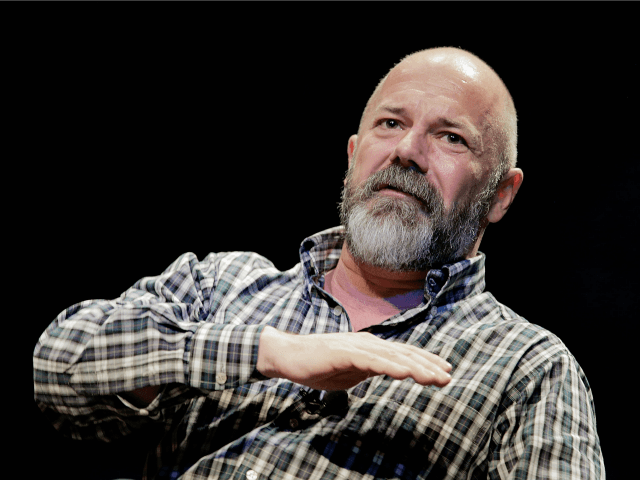Conservative commentator Andrew Sullivan argued recently that the social justice notion of “intersectionality” morphs into the liberal principle of “individuality” when taken to its extreme.
“Intersectionality” refers to the social justice theory of oppression. Coined by Professor Kimberlé Crenshaw, the theory refers to the notion that certain individuals face a unique form of oppression based on their overlapping identities. For example, a black woman might face discrimination on the basis of her race as well as on the basis of her gender. To Crenshaw, this compounding of identities lends itself to a unique form of oppression that is specific to those individuals.
However, intersectionality theory has been criticized for its overemphasis on race, gender, and sexuality. This seemingly minor flaw in the theory is actually quite significant. For example, the proponents of “intersectionality” theory likely see no injustice when an affluent black female receives affirmative action during university admissions but a poor white male does not.
Recently, conservative commentator Andrew Sullivan argued that the illiberal “intersectionality” theory taken to its logical extreme would look like something much more liberal. “At some point, intersectionality, if it’s taken to its fullest conclusion, it turns out that everybody is an incredibly different mosaic of a million different identities, from their family, their background, their culture,” Sullivan said. “Intersectionality taken to its endless degree turns into individuality.”
In a 2017 blog post called “The Dangers of Social Justice Collectivism,” I argued for the notion of “net privilege,” which I described as “the total sum of an individual’s advantages and disadvantages.” This is what “intersectionality” should be, a holistic overview of an individual’s position in life that doesn’t favor those with the predefined struggles handpicked by a few sociologists and gender studies professors.

COMMENTS
Please let us know if you're having issues with commenting.